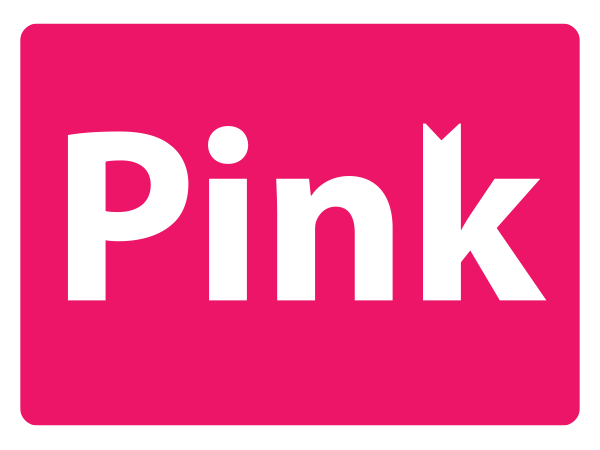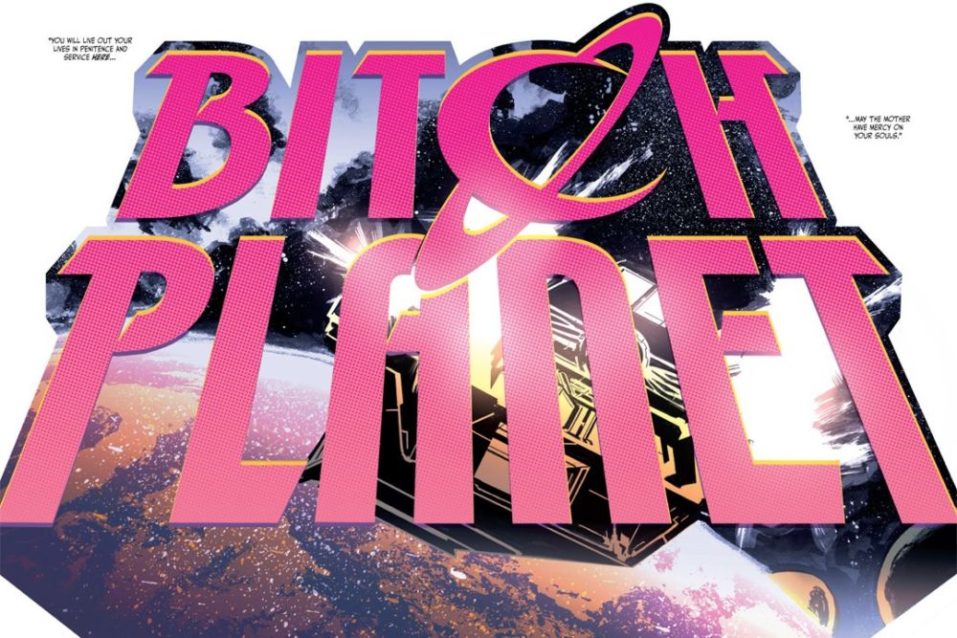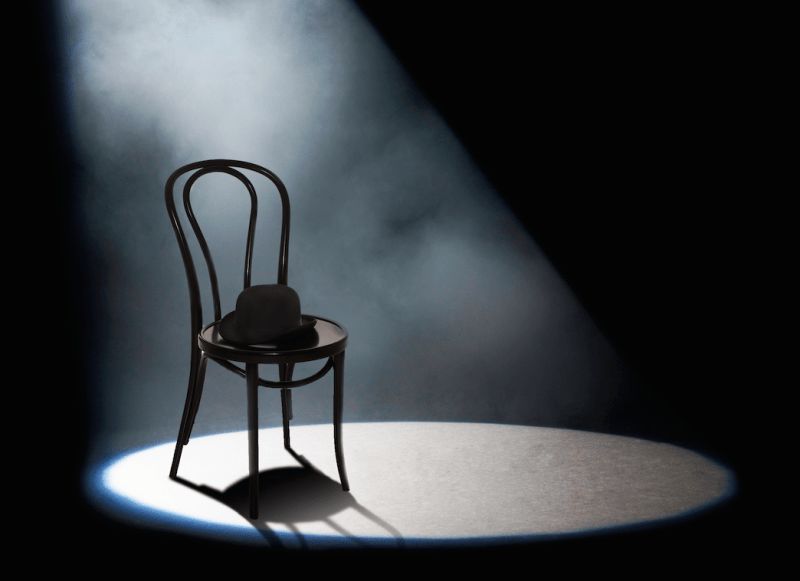Review: Bitch Planet’s brash, in-your-face feminism is what dystopian lit needed
“Welcome to the Auxiliary Compliance Outpost,” says a garishly pink hologram of a Botox-lipped woman with an almost nonexistent waist. She supposed to be an aspirational model of womanhood on an Earth where patriarchy has won, and the barest hint of female “non-compliance”—everything from a loud mouth to love handles, apparently—gets women shipped to the off-world prison facility commonly known as Bitch Planet.
If you thought writer Kelly Sue DeConnick’s take on Captain Marvel was “too feminist,” Bitch Planet is going to give you an ulcer. It’s a story as loud and unapologetic about its opinions as its title would suggest. The first volume, “Extraordinary Machine,” makes no secret of its disdain for both the men who enforce patriarchy and the women who are complicit in it. It introduces us to the prisoners of Bitch Planet, a wildly diverse group of women each trying to survive a system that wants to chew them up and spit them out.

It’s a great setup for an ensemble cast, but Kamau Kogo, ostensibly the volume’s protagonist, needed a little more fleshing out. I’m sure that will come in later volumes, but for now, I’m much more invested in Penny “Where’m I Supposed to Put My Other Tit?” Rolle than I am in Kamau.
Anchoring it all is Toronto-based illustrator Valentine De Landro’s art, a retro style that contrasts the futuristic sci-fi setting well. It feels like both an ode to the 70s and 80s exploitation films draws its inspiration from, and a shot at the old boys’ club that was the world of comic books in that same era.
Even the facsimile ad flyers between each issue are an ironic throwback; they’re at once hilarious and depressing, interspersed with moments of real sweetness. See if you can catch the blink-and-you’ll-miss-it shout-out to Leelah Alcorn, the trans teenager whose suicide became national news in early 2015.
DeConnick has described Bitch Planet as a subversion of the exploitation story, and that is especially true in its toying with the male gaze. Yes, we see a lot of female flesh. But instead of putting women’s bodies on display for male amusement, Bitch Planet’s nudity mocks those who would be titillated and happily offends those who would be offended.
I’m not quite sold on the why of this world yet (how did it come to be this way? What’s the purpose of involving the prisoners in the rugby-esque sport known as Megaton?). The actual plot is a little shaky, but I like these characters so much that the shortcomings are easy to get past. We do spend a bit too much time with the bland, crusty bureaucrats back on Earth, though. Because let’s face it: if you’re reading a book called Bitch Planet, you probably don’t much care what the white dudes have to say anyway.
It’s a comic series that was unfairly pressured since before the first issue was even released to embody an entire movement, and Kelly Sue DeConnick handled that pressure with, appropriately, the literary equivalent of a spit in the face. The women of Bitch Planet are more than hurt; they’re angry, and they’re asserting their power in the only ways their situation allows them to: ass kickery, all kinds of body positivity, and a big old fuck you to the system that would beat them down.
Does that make you uncomfortable? Good. It’s supposed to.








